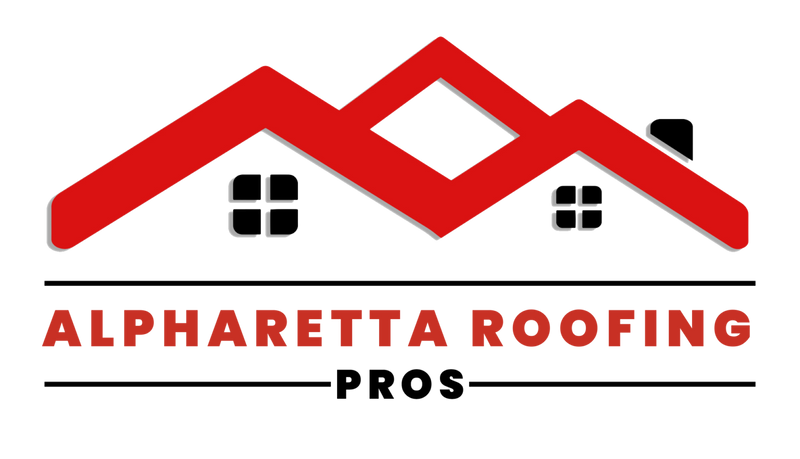How do local building codes and regulations affect the selection of roofing materials and maintenance practices?
Explore the role of building codes in roofing choices and maintenance practices.
Local building codes and regulations play a significant role in the selection of roofing materials and maintenance practices. This article explores the ways these codes affect these choices, how to navigate these regulations, and their potential impact on the construction industry. We will also address frequently asked questions related to building codes and roofing materials.
The Impact of Building Codes on Roofing Materials and Maintenance
Material Requirements
Building codes often specify the types of materials that can be used for roofing, considering factors such as:
- Fire resistance
- Wind resistance
- Energy efficiency
- Durability
- Environmental impact
These material requirements help ensure that roofs are built to withstand local climate conditions, reduce the risk of damage, and promote energy efficiency.
Installation Standards
Building codes also dictate installation standards, ensuring proper construction and preventing premature failure. This includes guidelines for:
- Roof slope
- Ventilation
- Flashing
- Underlayment
- Fasteners
These standards ensure that roofing materials perform as intended, maximizing their lifespan and minimizing maintenance costs.
Maintenance and Inspection Requirements
Regular maintenance and inspection are critical to a roof's longevity. Building codes may establish:
- Inspection schedules
- Maintenance protocols
- Requirements for professional services
These practices help to identify and address potential issues before they become costly problems.
Navigating Building Codes and Regulations
Research Local Codes
Start by researching your local building codes, which may be available online or at your local government office. Keep in mind that codes can vary between jurisdictions and may change over time.
Consult Professionals
Roofing contractors, architects, and engineers are knowledgeable about local codes and can provide valuable guidance on material selection and maintenance practices.
Stay Updated
Subscribe to industry newsletters, attend workshops, or join local trade organizations to stay informed about changes to building codes and best practices.
FAQs
How do I know if my roofing materials are compliant with local building codes?
Check with your local building department or consult a roofing professional to ensure your materials meet the required standards.
Can I use a roofing material not listed in my local building codes?
You may need to seek a variance or special approval from your local building department if you wish to use a material not listed in the building codes.
How can I make my roof more environmentally friendly while adhering to local building codes?
Choose roofing materials with high energy efficiency, recyclability, and a low environmental impact. You can also consider green roofing options such as solar panels or green roofs.
Conclusion
Local building codes and regulations significantly influence the selection of roofing materials and maintenance practices. Understanding and adhering to these codes is essential for ensuring the safety, durability, and efficiency of your roof. By staying informed and consulting professionals, you can navigate building codes effectively and make informed decisions about your roofing project.
Protect your biggest investment with a free roof inspection from the top-rated roofing contractor. Dial 470-407-6282 to book your appointment.
Visit us at: https://alpharettaroofingpros.blogspot.com/2023/05/what-role-does-proper-roof-maintenance.html
Read more at: https://roofingprosalpharetta.com/blog/

